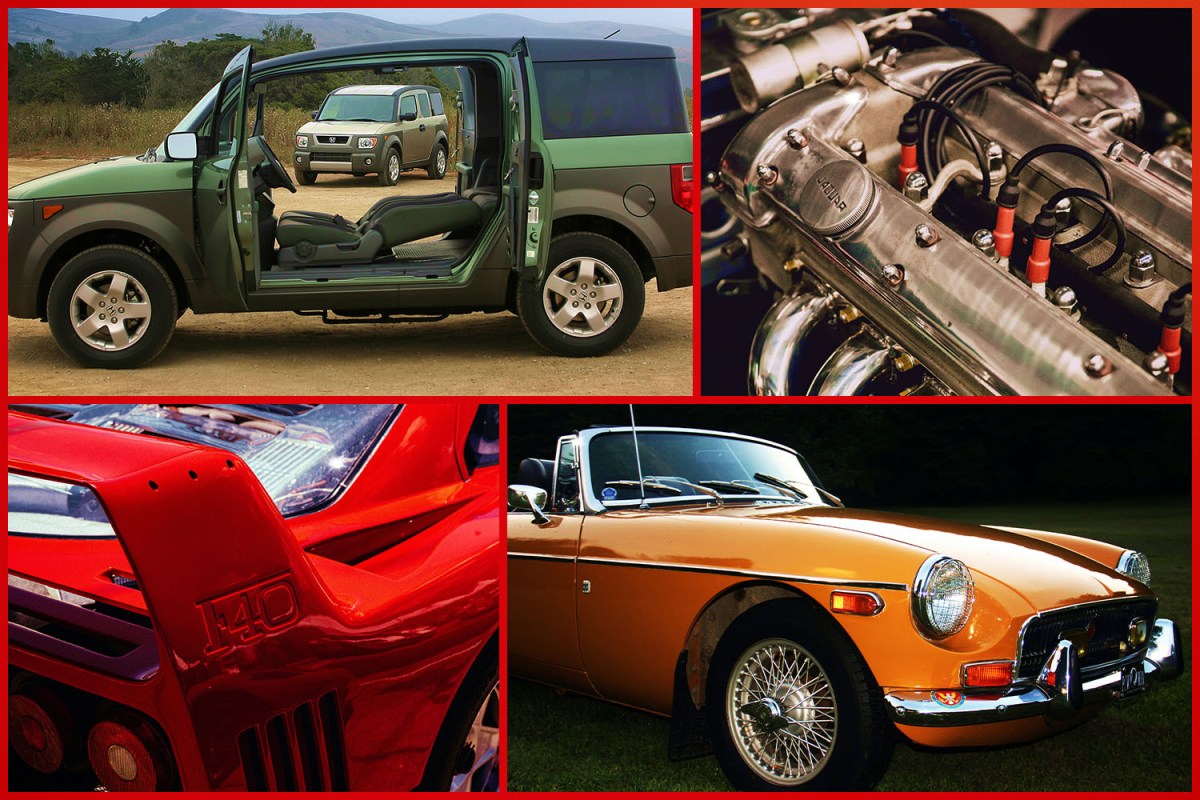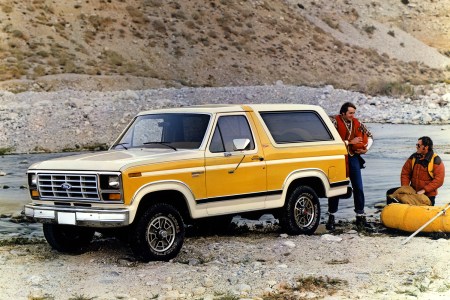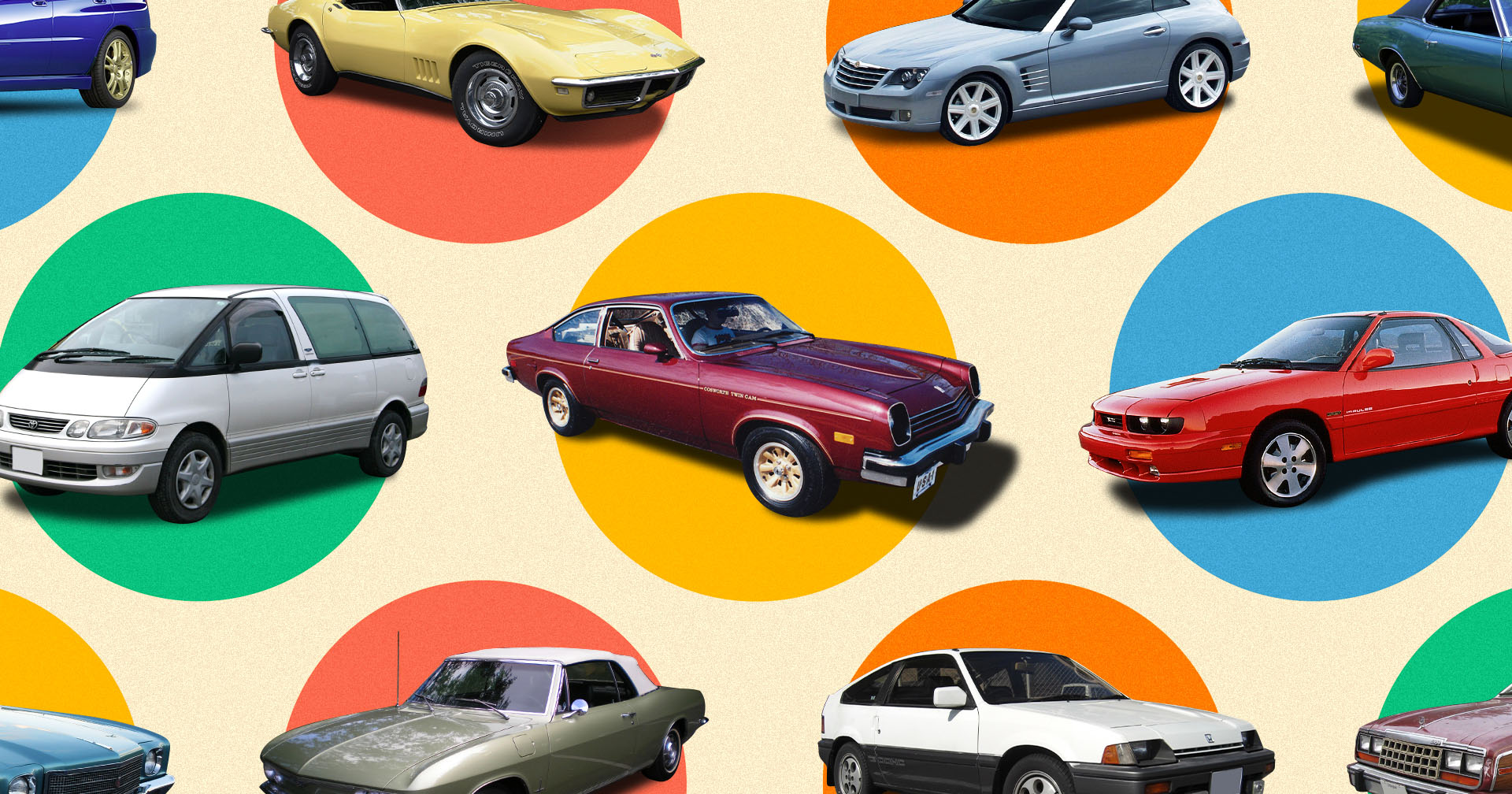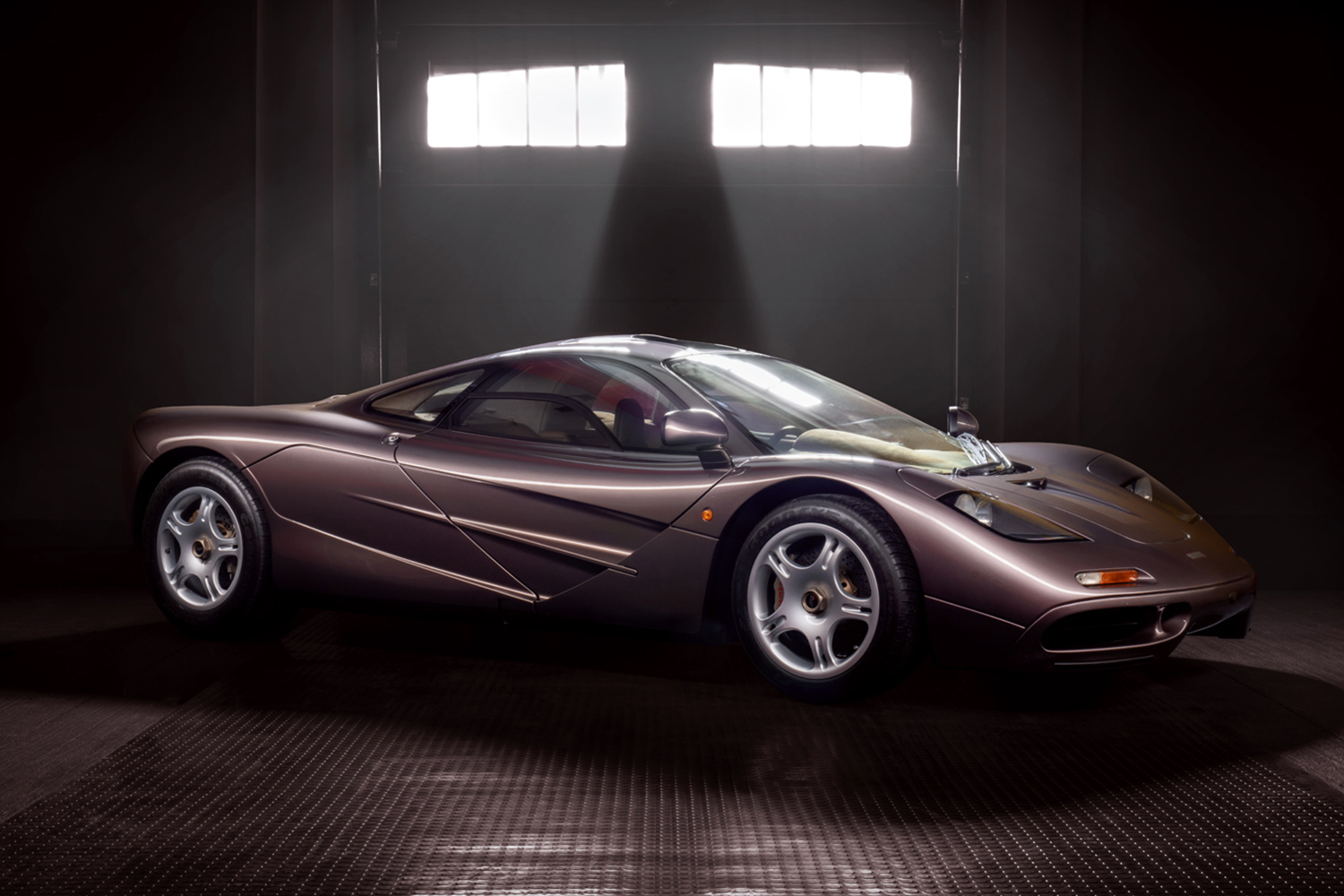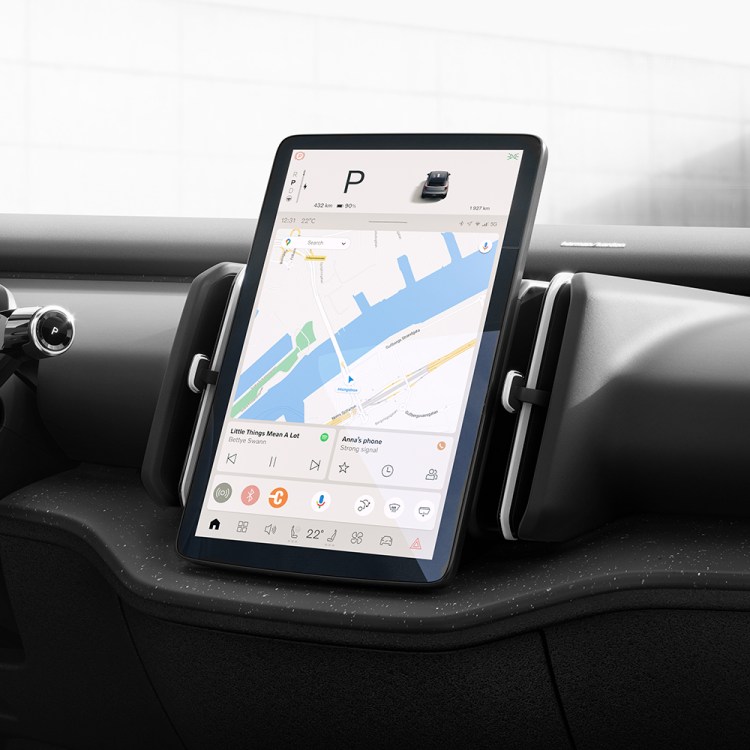I miss Car Talk. Anyone else? At the end of the year, as someone who writes on the internet, I’m supposed to have insightful recommendations for things like the latest and greatest podcasts, the hidden gems if you will, but to tell you the truth a big chunk of my listening history this year has been old episodes of Click and Clack.
Even today, the late Tom Magliozzi and his brother Ray have timeless advice about cars (Want a cheap sports car? Buy a Miata.) and life (When a couple calls in about settling a dispute, it’s best to say they’re both correct in their own way), but one episode that recently slid into my feed showed me how far we’ve come in American car culture. A recently divorced man called in saying he wanted to buy a used car that would show he’s a throw-caution-to-the-wind type of guy, so he asked what would be better: an ‘88 or ‘89 Suzuki Sidekick, Isuzu Amigo or Geo Tracker?
“Give us your reasoning for picking these three losers,” Ray replied. In the end, they convince the guy to buy a Miata.
Back in the day, there were good cars, some of which would go on to become classic cars, and there were losers. Today, it feels as if every old car, no matter how big of a loser it seemed upon release, has the potential to be hailed as a classic. As we reported in October, the ‘80s and ‘90s SUVs that midlife crisis caller wanted have come roaring back to life as collectibles, along with even more recent vehicles that were deemed unworthy of a second generation like the FJ Cruiser and Honda Element.
For some insight, I called up John Wiley, the manager of valuation analytics at Hagerty, a company that has always had a more democratic mindset than most when it comes to noteworthy motoring. The rapidly expanding automotive enthusiast brand — which officially hit the stock market in December through a SPAC merger — has built its name off of insuring collector cars, currently around two million. On its website, they state that they “only protect classics.” So what, exactly, do they consider a classic car?
“We really just define them as something that you don’t drive to work every day,” Wiley tells InsideHook. “So as long as it meets that criteria and as long as you have a safe place to keep it, then we’ll consider it as a collector enthusiast vehicle.”
How ’80s and ’90s SUVs Became the Hottest Used Car on the Market
Plus, where to find hidden value in a superheated marketIn Hagerty’s eyes, there’s a place for both the Ferrari F40 and the Suzuki Samurai in their price guides. As long as the company’s team has the data that shows these vehicles are becoming collectible — i.e., their values are appreciating enough — then they’re happy to sign off on an official classic car designation. But the F40, never a universally beloved design, is one car that can help explain why there seems to be increased interest in all older cars, even lesser cars from lesser marques.
“The F40 might be a good example of cars that have … these analog driving experiences that I think enthusiasts are worried they’ll lose as more cars become electric vehicles,” Wiley says. “I think that’s one thing that is driving growth in the enthusiast market and number of enthusiasts. It’s just that worry that if everything becomes electric, there will still be fun vehicles, but they’ll be different somehow. And maybe it’s the noise and maybe it’s the complexity, but I think enthusiasts are worried that they’ll lose something in that transition.”
While we haven’t yet hit that forecasted steep curve in EV adoption here in the U.S., 2022 does seem likely to be a banner year for electrification, especially with the release of the Ford F-150 Lightning, an electric version of the best-selling vehicle in the country. But it’s not simply a growing fear of the unknown that’s changing the way we think about the jalopies of yore, it’s that we’re redefining who can be a collector, too.
Social media has generally been a democratizing force in the car world, offering up the juicy details of six-figure supercar brands to anyone with a smartphone, but it’s also been a place for underrated gems to be championed by the people who see their true worth.
“When was the last time you actually saw a 1980s Mitsubishi Montero on the road?” he asks. “Probably not too often, but it might show up on your social media feed if you’re looking for vintage SUVs.”
More consequential during the pandemic years than your run-of-the-mill social media has been the diversification of car auction sites. It’s not just Bring a Trailer or bidding over the phone through your blue-chip auction houses anymore; from Cars & Bids to Rad for Sale to The Market (which was purchased by Bonhams and is debuting in the U.S. in January), budding collectors can peruse, bid on and, crucially, comment and interact with other enthusiasts on these new platforms.
“Going to a collector car auction in person used to be sort of an all-day affair and oftentimes it wasn’t too exciting,” says Wiley. It also, for many, was exclusionary. Now, instead of turning people away and boring the people who can attend, these online auctions have become their own large communities and a way for people “to avoid boredom.”
Of course, the pandemic will eventually abate, and people may stop spending as much time scrolling around looking for deals on Geo Trackers and commenting on how certain Lamborghinis are overrated. As for the EV world, there’s an ever-growing group of enthusiasts who see more value in that new technology than in the gas-guzzling, carbon-spewing status quo, as Hagerty itself has pointed out. Still, there seems to be no end in sight for this automotive nostalgia boom.
As CEO McKeel Hagerty said when the company began trading on the New York Stock Exchange earlier this month, Hagerty’s purpose is “saving driving and car culture for future generations.” But at the moment, people seem more concerned with saving previous-generation cars than thinking about the future.
This article appeared in an InsideHook newsletter. Sign up for free to get more on travel, wellness, style, drinking, and culture.
